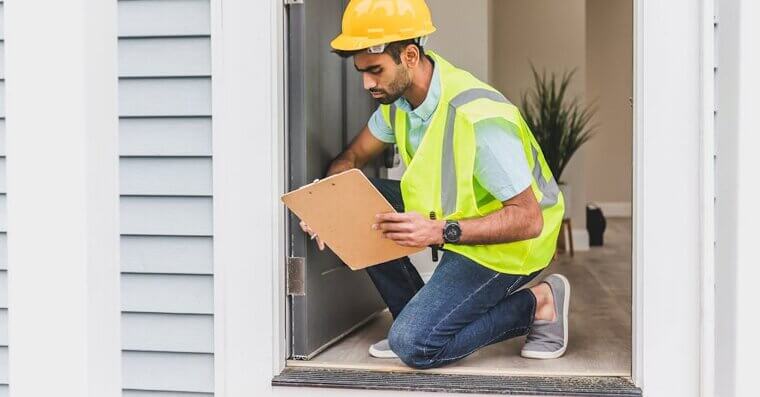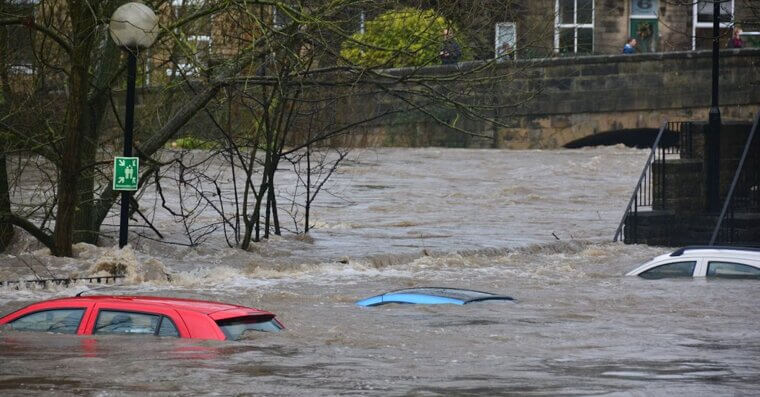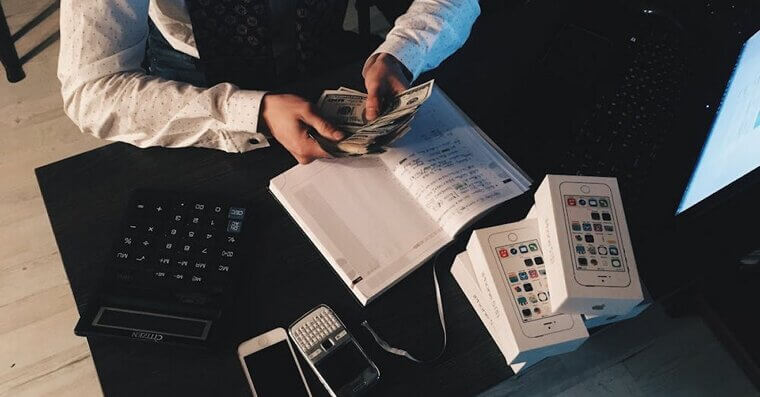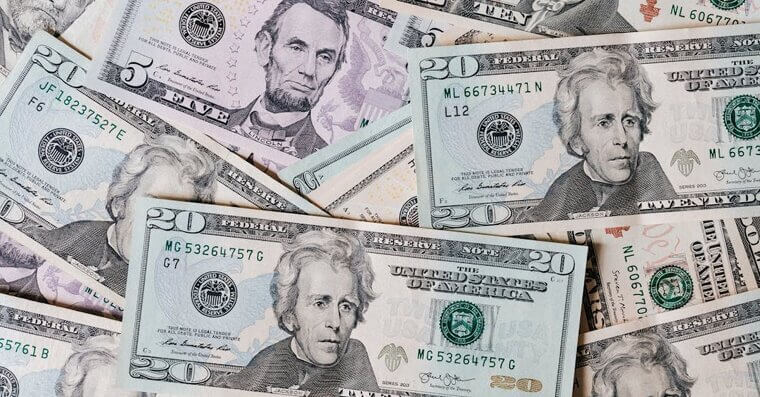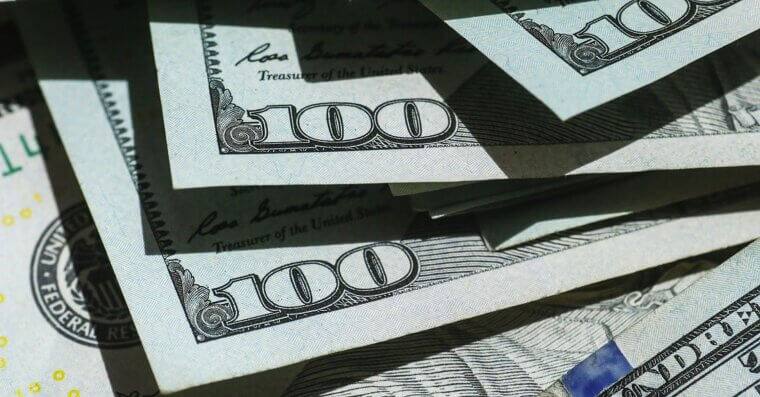Homebuying Expenses
Buying a house is exciting, but it’s a huge drain on your finances. Most people think about the down payment and monthly mortgage, but there’s a whole list of other expenses that sneak in before you get the keys. Buckle up – you’re going to be paying a lot.
Credit Report Fee
Lenders need to look at your credit history to see how trustworthy you are with debt, and they’ll charge you for it. This is the credit report fee. It’s usually not massive - often under $50 in fact - but it’s still a cost before you even start moving forward.
Home Inspection Cost
These aren’t actually required, but you really need to know the house is safe before you commit. Inspectors look for hidden, dangerous problems like faulty wiring or structural issues. Expect a few hundred dollars out of pocket. Still, it’s more than worth it for the sake of your peace of mind.
Flood Determination Assessment
Similar to the home inspection… lenders need to know if your home is in a flood zone. That’s where a flood determination assessment comes in. This fee pays for a report that shows whether flood insurance will be required. It’s usually a smaller expense - $15 to $30.
Application Fee
Before your loan is even considered, lenders often but not always charge an application fee. It helps cover the lender’s administrative costs, but it doesn’t guarantee approval. Depending on the lender, this fee can put you back $500 – or it might not exist at all!
Survey Fee
Ever wondered where your yard technically begins and ends? A survey answers that. It’s a professional drawing that shows property boundaries. This protects you if there are disputes with neighbors later. The cost can vary depending on property size and location, but it’s generally somewhere between $300 and $700.
Origination Fee
The origination fee is sort of like a lender’s “thank you” gift to themselves for setting up your loan. It’s their compensation for processing and handling everything. Usually, it’s a percentage of the loan amount, but it depends on the lender.
Appraisal Fee
Your lender wants to know the house is worth what you’re paying. That’s what an appraisal is for. A professional comes out, compares it to nearby sales, and sets an official value. You foot the bill for this - typically several hundred dollars.
Earnest Money
When you make an offer on a house, sellers want to know you’re serious, so you pay them earnest money. It’s basically a deposit you put down to show good faith. If all goes well, it goes toward your down payment or closing costs. But if something (like an inspection) goes wrong, it will be refunded.
Mortgage Broker Fee
If you use a mortgage broker to help shop around for the best loan, they don’t work for free. Their fee is usually one or two percent of the loan amount, so not a small amount of money. It’s essentially their commission for connecting you with lenders you might not have found on your own.
Escrow Fee
The escrow company is kind of like the neutral agent in a house deal - making sure earnest money and paperwork are handled fairly between buyer and seller. The escrow company charges a fee for this service. It’s one of those behind-the-scenes costs most people don’t think about but absolutely need, because without it, the whole process could be a mess.
Escrow Deposit
An escrow deposit is money set aside upfront for two months of property taxes and homeowner’s insurance. Your lender collects this at closing to make sure those bills will be paid on time. It’s not cheap, unfortunately.
Lender’s Title Insurance
Lenders want to be sure no one else can claim ownership of your new house. That’s why they require lender’s title insurance. It protects them in case an old claim or error pops up in the property’s history. You pay for it (often it’s deducted from the loan) but it only covers the lender, not you personally. For yourself, you need…
Owner’s Title Insurance
This one’s optional but you really ought to pay out for it. Owner’s title insurance protects you in case someone challenges your ownership later. Think of it as a safety net against hidden legal surprises, like a forgotten heir claiming the property. Yep, it really does happen outside of soap operas.
State Recording Fee
Once the deal is done, the government wants in. A state recording fee is what you pay to have your property deed and mortgage officially recorded in public records. It’s not huge compared to some other costs, but it’s non-negotiable.
Attorney Fee
In some states, a real estate attorney has to be involved in the closing process. Even if it’s not required, many buyers hire one to make sure all the legal paperwork is okay. Naturally, attorneys charge for their time. Expect to pay something around the lines of $1,200.
Prepaid Interest
When you close on your mortgage, you don’t just start fresh on day one. Lenders often collect “prepaid interest” for the time between your closing date and your first official payment. The amount depends on when in the month you close.
Buyer’s Agent Fee
It used to be the case that the seller covered the buyer’s agent commission, but the rules were changed in 2024. (Some sellers do still pay it, though.) If you end up on the hook, think of it as basically your agent’s payment for guiding you through the search and negotiations.



